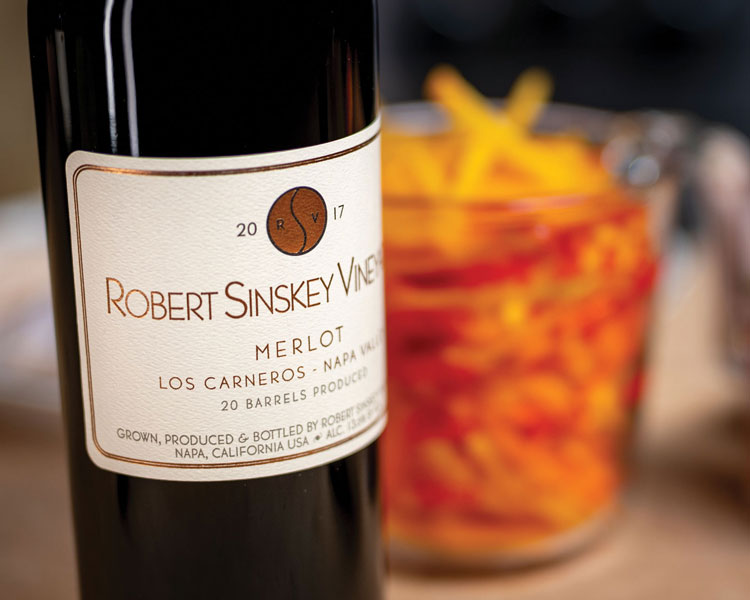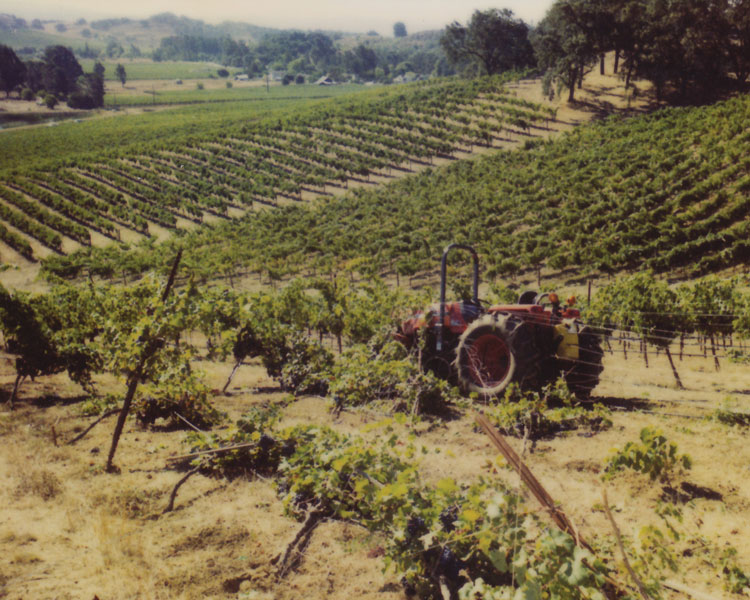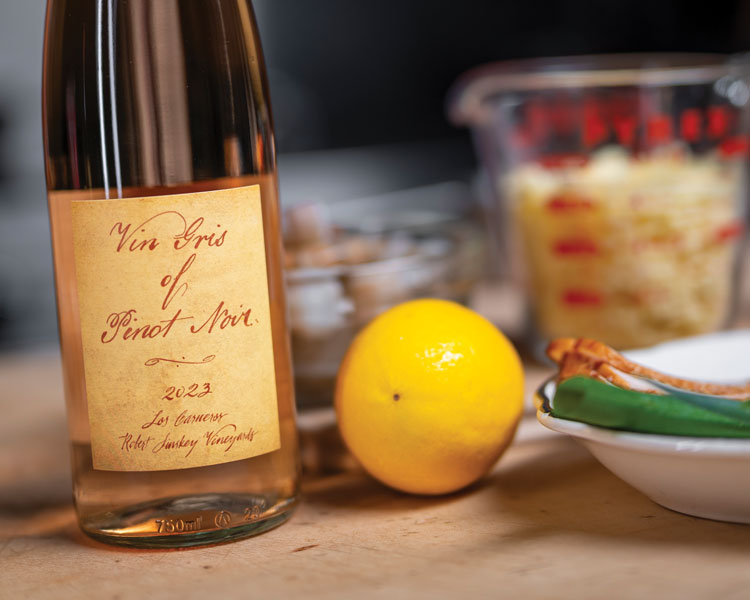Silent Teacher…
forty years of farming Pinot Noir!
It was the “low rent” district; a patchwork of derelict farms, rusting vehicles, dilapidated barns with an occasional sad looking horse, a few sheep or a small herd of cattle milling about. The Carneros was in its infancy as a wine region when we planted the Three Amigos Vineyard forty years ago. Yes, there were a few breakthrough vineyards at the time like Winery Lake and Carneros Creek and a smattering of upstart wineries concentrating on the “Burgundian” varieties of Chardonnay and Pinot Noir. Overall the region was a throwback to a more pastoral time.
We planted our vines just a few years before what would turn out to be a seven year drought that stunted some of our vines and limited the early yields. We talked about the concept of “Global Warming” in those days, and how it could impact the vines and the quality of our wines. We surmised that if a warming environment was inevitable, we needed a more resilient vine that could withstand the extremes of unstable weather. Enter winemaker Jeff Virnig and the concept of organic/biodynamic farming with its lessons of regarding the farm as a series of interrelationships, all working together to achieve a natural balance. It is the human’s role to observe the interrelationships and overcompensate for the potential destruction caused by farming – “to heal an ailing earth.” This gave birth to the idea that fine wine shouldn’t hurt your palate or the planet… based on the premise that “conventional” chemical farming releases carbon and contributes to climate change, whereas the organic/biodynamic model sequesters carbon while building a healthier soil that leads to healthier vines for better wines without the baggage of climate altering practices.
We can only do so much without concerted efforts by all farmers and the consumers who have the power to instigate real change through their purchasing habits. I have observed over the past forty years the slow demise of the California live oaks and redwoods due to drought, changing climate, pestilence and disease. The kelp beds on the California coast are shrinking due to warming oceans. I have seen the barns that dotted the Carneros burn in the intense series of fires over three of the last four years… fire with an intensity that used to occur once every 50 to 100 years, though never at the scale we have recently experienced.
I wrote over twenty years ago that Pinot Noir was the canary in the coal mine when it came to farming practices and climate change. It could be our teacher if we were good listeners. We’re still listening and we still have a lot to learn… and do!
Rob Sinskey




